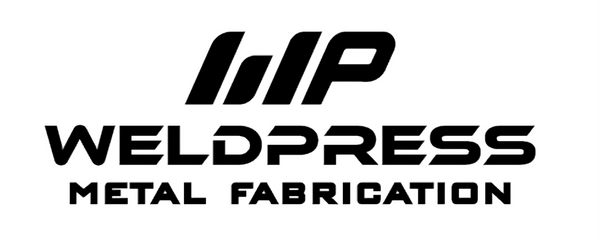
What are the different types of metals used in fabrication?
Metal fabrication is a process that involves shaping, cutting, and assembling metal to create a wide range of products. One crucial aspect of successful metal fabrication is selecting the right type of metal for the job. In this blog post, we'll explore the different types of metals commonly used in fabrication, providing you with insights to make informed decisions for your projects.
Understanding Common Metals in Fabrication:
Steel:
Steel is a popular choice in metal fabrication due to its strength, durability, and versatility. There are various types of steel, including carbon steel, stainless steel, and alloy steel. Each type has unique properties suitable for different applications.
Carbon Steel: Known for its strength and affordability, carbon steel is often used in structural applications and general fabrication.
Stainless Steel: Resistant to corrosion and staining, stainless steel is ideal for applications where hygiene and aesthetics are crucial, such as kitchen equipment and architectural elements.
Alloy Steel: Combining elements for enhanced properties, alloy steel is used when specific characteristics like increased strength or heat resistance are required.
Aluminium:
Aluminium is prised for its lightweight nature, corrosion resistance, and malleability. Commonly used in aerospace, automotive, and architectural applications, aluminium is an excellent choice when weight is a critical factor.
Copper:
Copper is valued for its conductivity, making it suitable for electrical applications. Additionally, its aesthetic appeal makes copper a popular choice for decorative elements and artistic projects.
Brass:
A combination of copper and zinc, brass offers a unique blend of corrosion resistance and visual appeal. It's often used in decorative applications, musical instruments, and plumbing fixtures.
Titanium:
Known for its high strength-to-weight ratio and corrosion resistance, titanium is commonly used in aerospace, medical implants, and high-performance applications.
Factors to Consider When Choosing a Metal:
